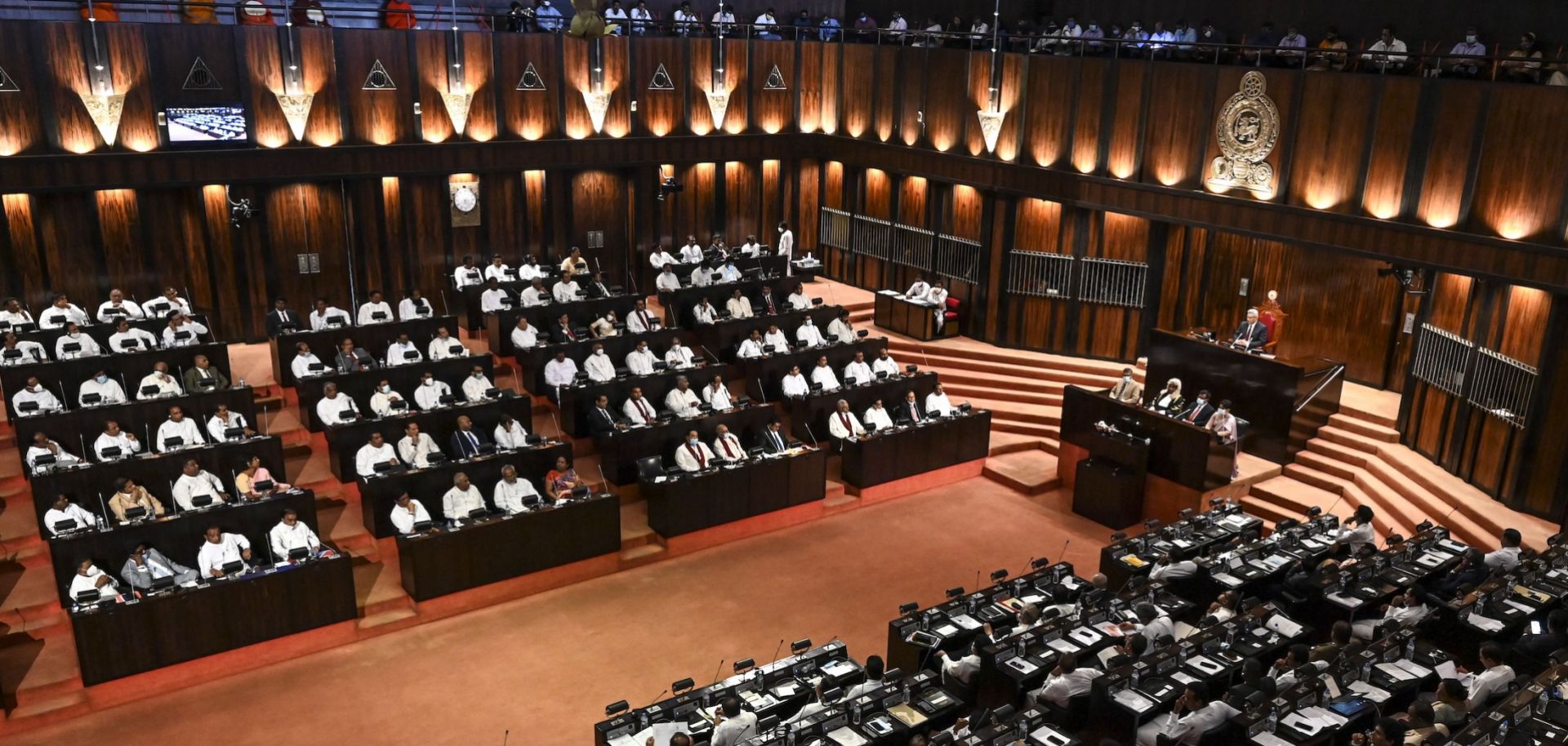In Sri Lanka, early legislative elections could bolster the new socialist president's ability to expand social welfare spending and renegotiate the terms of the country's deal with the International Monetary Fund (IMF), though the vote could also yield a hung parliament that leads to more government infighting and political instability. On Nov. 14, Sri Lanka will hold elections for 196 seats in the country's 225-seat Parliament. The vote comes after the Sept. 23 inauguration of President Anura Kumara Dissanayake, who dissolved the legislature the day after he was sworn in, bringing forward the parliamentary elections that were originally scheduled for August 2025. In addition to Dissanayake's socialist National People's Power (NPP), other parties running include the right-wing Sri Lanka Podujana Peramuna, which held the majority in the last parliament, and the center-left Samagi Jana Balawegaya. The newly elected Parliament is expected to convene on Nov. 21....

